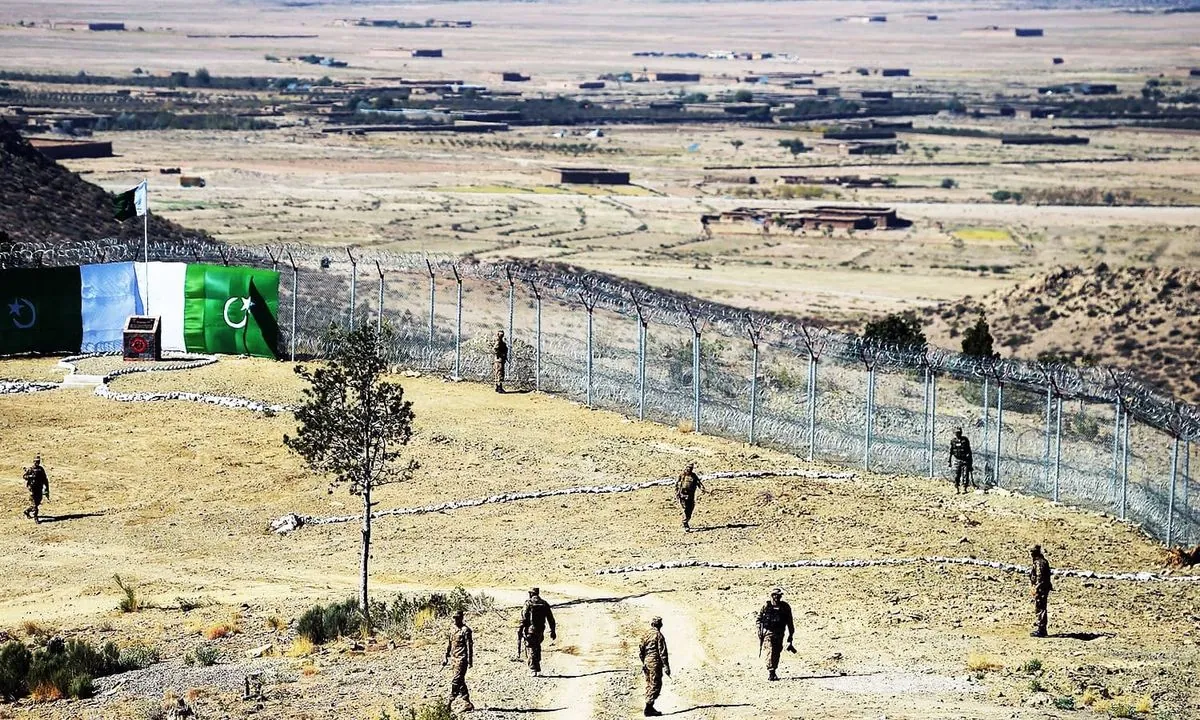In a violent incident that occurred on August 12, 2024, in Pakistan's southwestern Baluchistan province, Zakir Baloch, a senior government administrator, lost his life in an ambush. The attack, which took place in the Mastung district, also resulted in injuries to two other individuals.
Local law enforcement official Hadahyat Bangulzai reported that unidentified assailants targeted the vehicle carrying Baloch, who held the position of deputy commissioner. The perpetrators managed to escape following the assault, and no group has claimed responsibility for the attack as of yet.
The incident has drawn condemnation from high-ranking officials. Mohsin Naqvi, the Interior Minister, and Sarfraz Bugti, the top elected official in Baluchistan, both issued statements denouncing the attack. They have instructed authorities to launch a thorough investigation to identify and apprehend those responsible.
Baluchistan, Pakistan's largest province by area covering 347,190 square kilometers, has long been grappling with security challenges. The region has been the site of a separatist insurgency since 1948, with various groups seeking independence for the resource-rich province. Baluchistan's strategic importance is underscored by its vast natural resources, including significant deposits of natural gas, coal, copper, and gold.
The province's geopolitical significance is further heightened by its shared borders with Iran and Afghanistan, as well as its 750-kilometer coastline along the Arabian Sea. The deep-sea port of Gwadar, located in Baluchistan, is considered a key strategic asset.
Despite its vast area, Baluchistan has the lowest population density among Pakistani provinces, with approximately 12.3 million inhabitants as of 2017. The Baloch people, known for their distinct culture and language, have a rich heritage that includes traditional handicrafts such as Balochi embroidery.
The security situation in Baluchistan is complex, with the presence of various militant groups, including separatist factions and religious extremist organizations. The Pakistani Taliban and other Islamic militant groups are also known to operate in the region, contributing to the volatile security environment.
This latest attack serves as a stark reminder of the ongoing challenges faced by Baluchistan in its pursuit of peace and stability. As authorities work to bring the perpetrators to justice, the incident underscores the need for continued efforts to address the root causes of unrest in this strategically important province.
